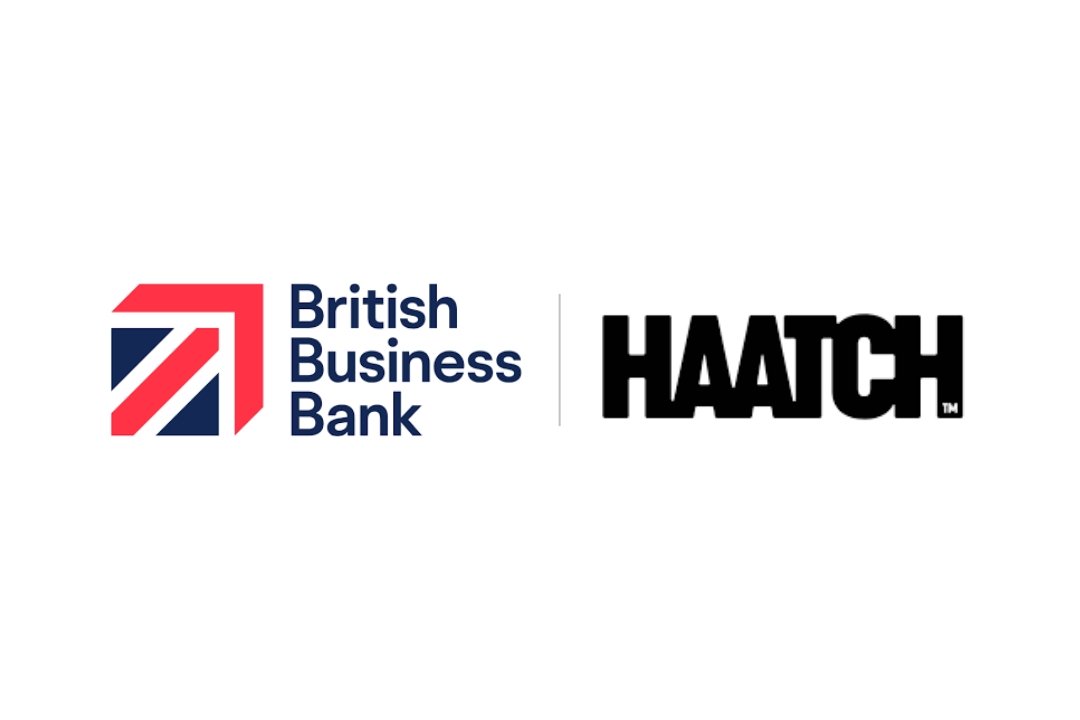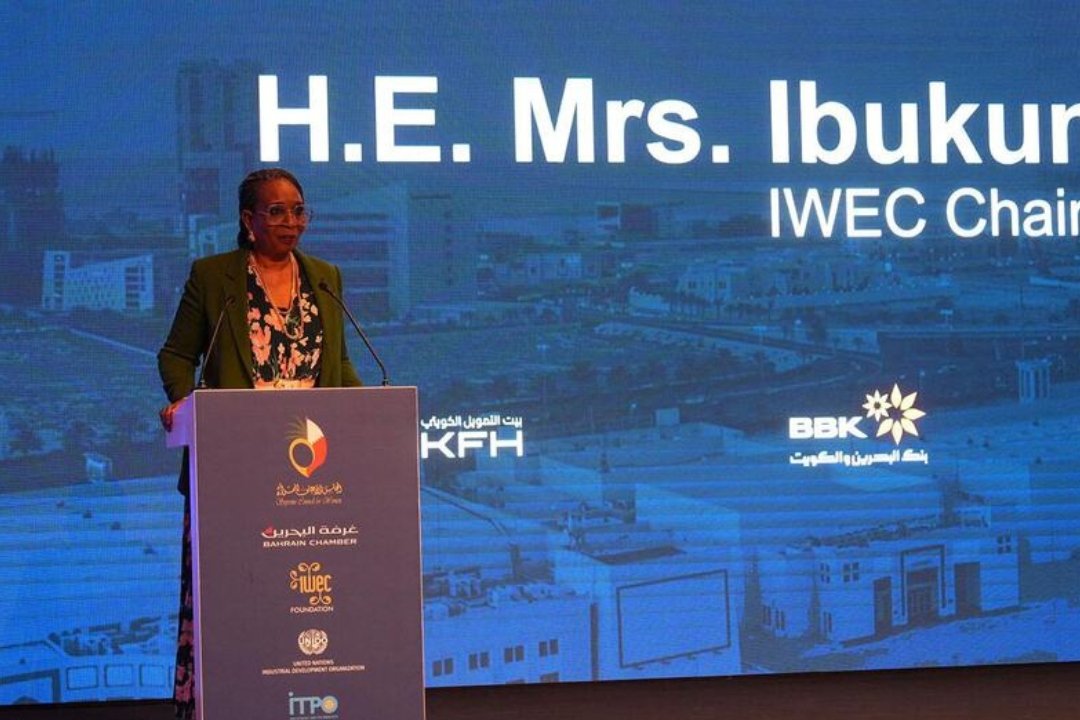Gender equality lies at the heart of the global push for education, and the two battles Education and Equality have always gone hand in hand. Educating women and girls is essential not only for promoting equality but also for creating cultural change, improving health outcomes, and driving economic growth. A lack of education for women isn’t just a social injustice; it carries severe health and economic consequences for entire communities. Here’s why education for women is crucial in today’s world and how it continues to transform society.
Economic Empowerment and Development
Education is key to economic growth, and this is particularly true for women. Access to education provides women with the opportunity to gain the skills and knowledge needed to secure better jobs, which in turn allows them to contribute to the economy. Studies have shown that educated women are more likely to start businesses, contribute innovative ideas, and enter the workforce at higher levels. A report from the World Bank highlights that globally, women make up 49.3% of the total employment in non-STEM occupations but comprise only 29.2% of the STEM workforce. Yet, STEM-related roles are often the highest-paying, further emphasising the economic imbalance caused by lack of education for women in these sectors.
Education not only benefits individual women but has a ripple effect that benefits society as a whole. When women earn more, they invest more in their families and communities, driving sustainable growth across the economy. Countries that invest in women’s education see better overall economic outcomes, as businesses gain from new ideas and diverse leadership.
Health Improvements and Family Welfare
Women’s education also has profound effects on health and family well-being. Educated women are more likely to make informed health decisions for themselves and their families. They tend to have smaller families, better access to healthcare, and are more likely to seek medical advice when needed. According to UNESCO, women who are educated are also more likely to vaccinate their children and make healthier choices, which significantly lowers child mortality rates.
Educated mothers tend to prioritise education for their children, breaking the cycle of poverty for future generations. Higher education leads to improved maternal health and longer life expectancy, as women are equipped with the knowledge and resources to care for themselves and their families.
Social Change and Gender Equality
Educating women drives significant social change by challenging traditional gender norms and promoting gender equality. Higher education fosters a new generation of women who are equipped to participate in civic life, hold leadership roles, and advocate for social justice. As more women pursue education, they help shift societal views on what women can achieve, breaking down barriers that have long stood in the way of equality.
For instance, women’s involvement in STEM fields is gradually increasing, but as the 2023 Global Gender Gap Report shows, progress is slow. Despite higher graduation rates among women, fewer women enter STEM careers, and those who do often face higher dropout rates than their male counterparts. This lack of representation reinforces outdated gender stereotypes and holds women back from taking the lead in crucial areas like technology and engineering – sectors that are key to driving future economic growth.
Climate Change and Girls’ Education
The climate crisis is having a devastating impact on education for girls, particularly in vulnerable regions like West Africa, Central America, and Southeast Asia. A report by Plan International highlights the link between climate change and disruptions to girls’ education. Extreme weather events and damaged infrastructure make it difficult for girls to attend school, while economic hardships caused by climate-related disasters often force girls into early marriage or domestic work.
According to the Malala Fund, climate change could abruptly end schooling for at least 12.5 million girls in 30 climate-vulnerable countries every year. This has far-reaching consequences, as it not only limits girls’ educational opportunities but also increases the risk of gender-based violence, child marriage, and early pregnancies.
Involving girls in climate decision-making processes and developing gender-responsive climate education is essential for building a more resilient society. Governments and civil society should take immediate actions to secure safer schools, improve infrastructure, and challenge social norms that prevent girls from accessing education.
Challenges for Women in Education Careers
Despite the critical role women play in the education sector, they face significant challenges in leadership positions. Women make up over three-quarters of the teaching workforce but remain underrepresented as school principals and superintendents due to systemic biases and lack of support. The gender pay gap in education also remains an issue, with female educators often earning less than their male counterparts due to undervaluation of their roles and fewer opportunities to negotiate salaries.
Achieving a work-life balance is another challenge for female educators, many of whom juggle long hours at school with domestic responsibilities. Without flexible working policies and better professional development programs, many women in education feel their careers stagnate, further widening the gender gap in leadership roles within the sector.
As we look to the future, it’s crucial that policymakers, educators, and community groups keep pushing for gender equality in education and the workplace. Making sure women and girls have the same opportunities to learn and work isn’t just the right thing to do – it’s essential for building a fairer, more resilient, and thriving world.
My Journey with Crack The Code: Empowering Future Generations in a Changing World
{Ms. Maria Del Mar Velez, Founder & CEO of Crack The Code}
 When I founded Crack The Code in 2017, my goal was to empower children and teenagers with the skills they need to succeed in the digital age. Since then, our startup has impacted over 18,000 young people across 22 countries, equipping them with essential skills for their futures. In Latin America, where economic and social challenges are significant, I’ve seen how startups like Crack The Code can drive meaningful change by empowering young people with technology education.
When I founded Crack The Code in 2017, my goal was to empower children and teenagers with the skills they need to succeed in the digital age. Since then, our startup has impacted over 18,000 young people across 22 countries, equipping them with essential skills for their futures. In Latin America, where economic and social challenges are significant, I’ve seen how startups like Crack The Code can drive meaningful change by empowering young people with technology education.
Our mission at Crack The Code goes beyond teaching technical skills. We aim to foster critical thinking, problem solving, and creativity among Latin American youth. By offering both on site and online programming classes to students as young as five years old, we are preparing the next generation for the labor market of the 21st century, where technology and artificial intelligence play an increasingly central role.
One of the projects I’m most passionate about is our latest initiative, +Education +Innovation. This project is training over 3,000 students from public institutions in Barranquilla, Colombia. We teach live, online, AI and Computer Science classes within the curriculum. It is mandatory for 9th, 10th, and 11th graders of 7 public schools in the city. This ambitious effort, made possible through partnerships with the Mayor’s Office of Barranquilla, the District Secretariat of Education, the Santo Domingo Foundation, and Velez Reyes +, reflects my deep commitment to preparing our youth for the future.
However, I recognize that the road to a digital future is not without its challenges. According to the technical bulletin of the Integrated Household Survey, in Colombia 26.8% of the young population (nearly 2.9 million people) are neither studying nor working. This gap in educational and employment opportunities is particularly stark for women. While traditional sectors like commerce and agriculture still attract much of the youth population, the demand for digital skills is growing rapidly. That’s why initiatives like Crack The Code are crucial in preparing our youth for future jobs.
An analysis by McKinsey & Company, supported by data from the IT Observatory, Eafit, Infosys, the ICT Ministry and Fedesoft, suggest that by 2025, Colombia could face a deficit of up to 112,000 programmers, highlighting the importance of early technological education. As I’ve witnessed the rise of women talents and leaders in the education industry, I am proud to be part of this transformation. At Crack The Code, we’re not only fostering innovation; we’re transforming lives, creating new opportunities for Latin American youth, and bridging the digital divide to ensure that all young people can access the opportunities of the 21st century digital economy.










